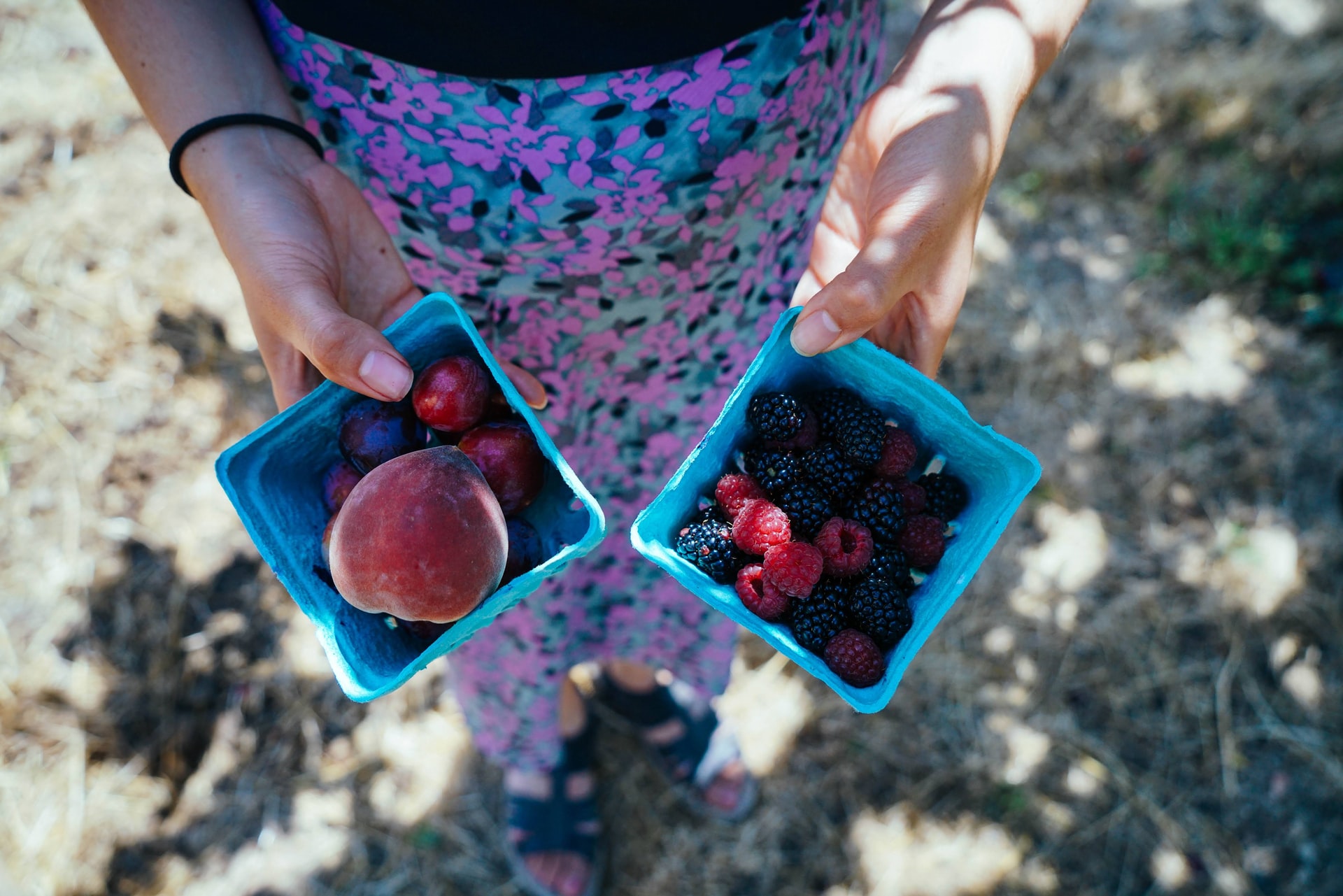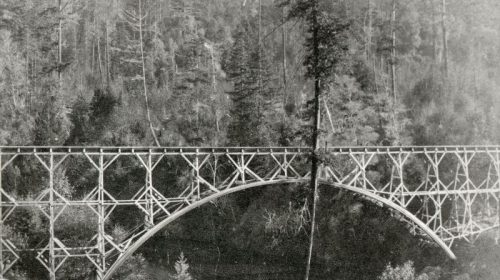Know Your Farmer, Know Your Food
By Penny Ellis
I remember the first time I realized that conventional farming was damaging to the Earth. Back in the mid 70s, my boyfriend’s father hired us to work his farm in Buford, Ohio to help bankroll our move to Seattle. His father had 300 acres of corn, soybeans, and tobacco. We did the entire process, disking the soil, planting, harvesting, and even tied the dried tobacco leaves into “hands” to sell at the market in Ripley.
I’ll never forget opening that first bag of corn seed and seeing those neon pink kernels! The pink coating was the result of pesticides and chemicals, meant to kill anything that could possibly impair growth, that had been absorbed into the soil and into the plant. I remember my boyfriend’s exact words, “The soil is only there to hold up the plant.”
That experience was a huge awakening to how our industrial food system works. How dependent our food has become upon the use of chemical pesticides and how damaging they are to every aspect of our ecological system and health is fairly widespread knowledge now. Industrial agriculture, large scale monoculture farming systems that intensify the use of pesticides and fertilizers, and factory farming of animals are detrimental to human health and damaging to the environment.
Sustainability and social justice are connected, and the solutions must be integrated.
I was contemplating cancelling this year’s Open Farm Tours due to the virus, but I think it’s more important now than ever to move forward. This is a unique moment in history to pivot to confront social unrest and failing systems that have been in place for a long time. Food justice and social justice will only come about when we rise up to demand it. It’s up to us as individuals to take responsibility for what we believe in and to make it happen.
Food sovereignty is absolutely possible but not without a different mindset. I had a conversation with my sister recently about everything that’s going on right now. She was concerned that when a sense of normalcy returned, that we would go back to our “same old, same old” business-as-usual way of doing things. I don’t believe this will happen. Once you change your thinking, you can change the way you act, because once you change your thinking, you can never go back.
Penny Ellis collaborates with the community to build a sustainable and just regional food system that serves Santa Cruz, Monterey, and San Benito Counties. Contact Penny at penellis17@gmail.com.
Photo by Rosalind Chang.
The San Lorenzo Valley Post is your essential guide to life in the Santa Cruz Mountains. We're dedicated to delivering the latest news, events, and stories that matter to our community. From local government to schools, from environmental issues to the arts, we're committed to providing comprehensive and unbiased coverage. We believe in the power of community journalism and strive to be a platform for diverse voices.





